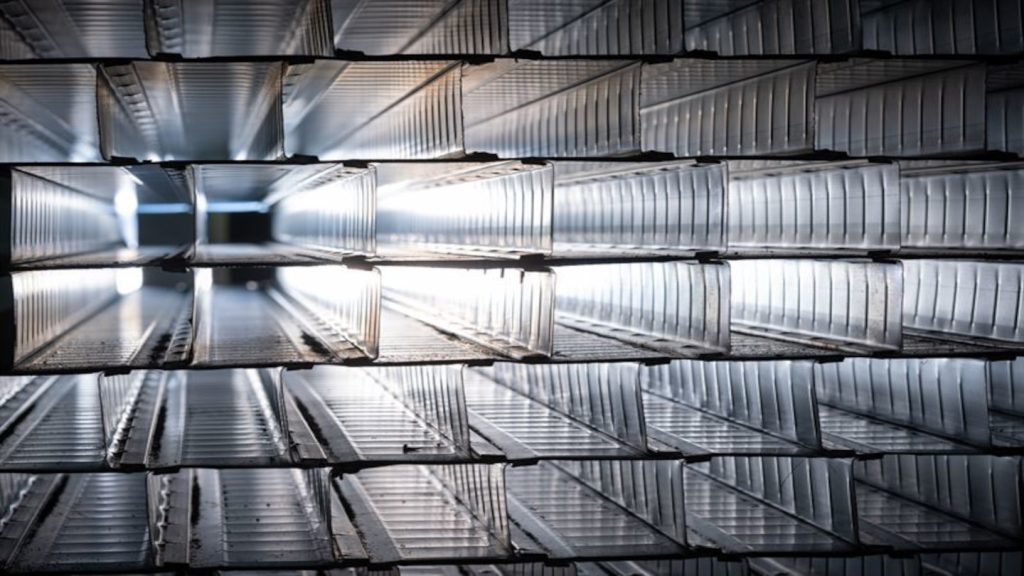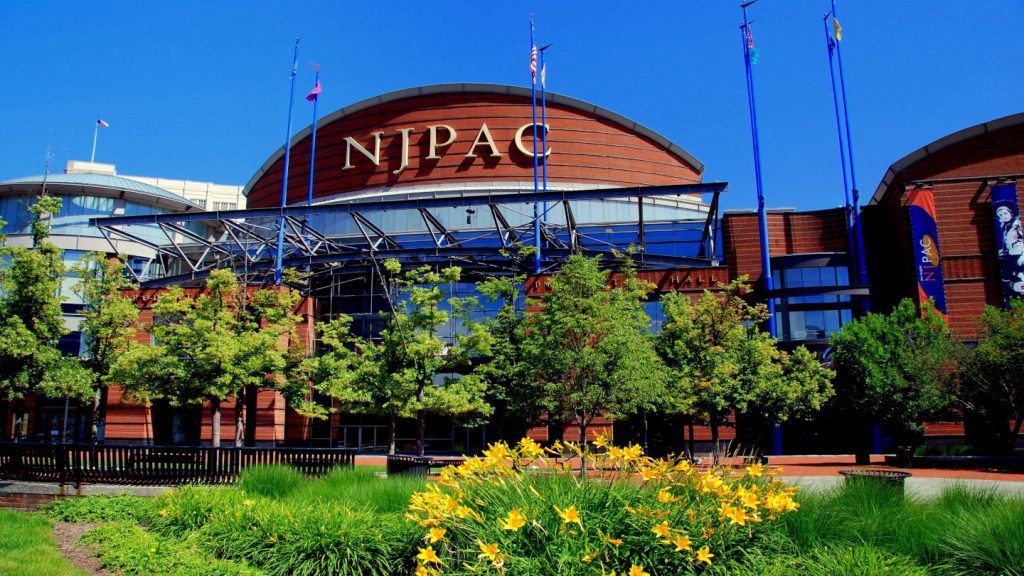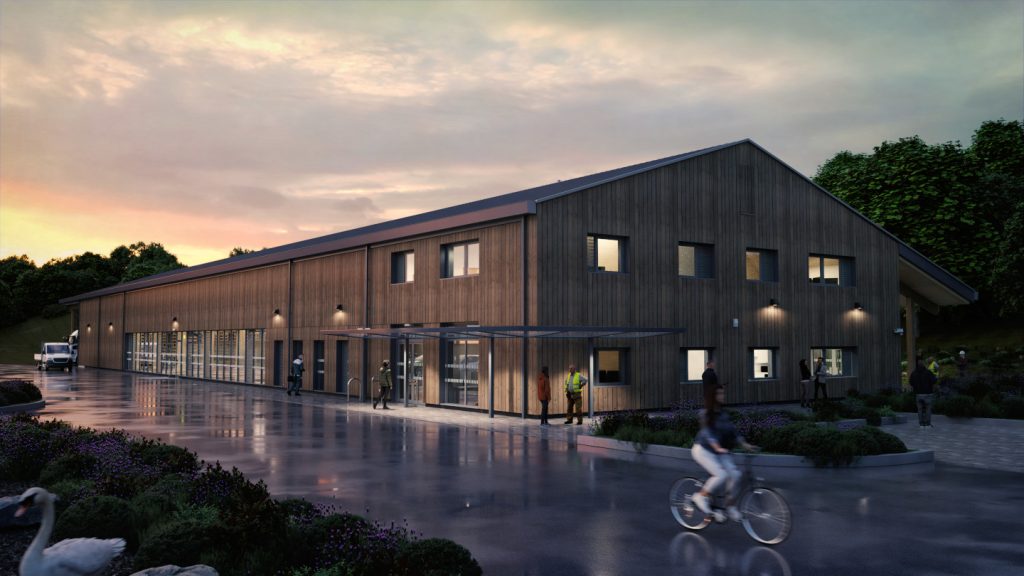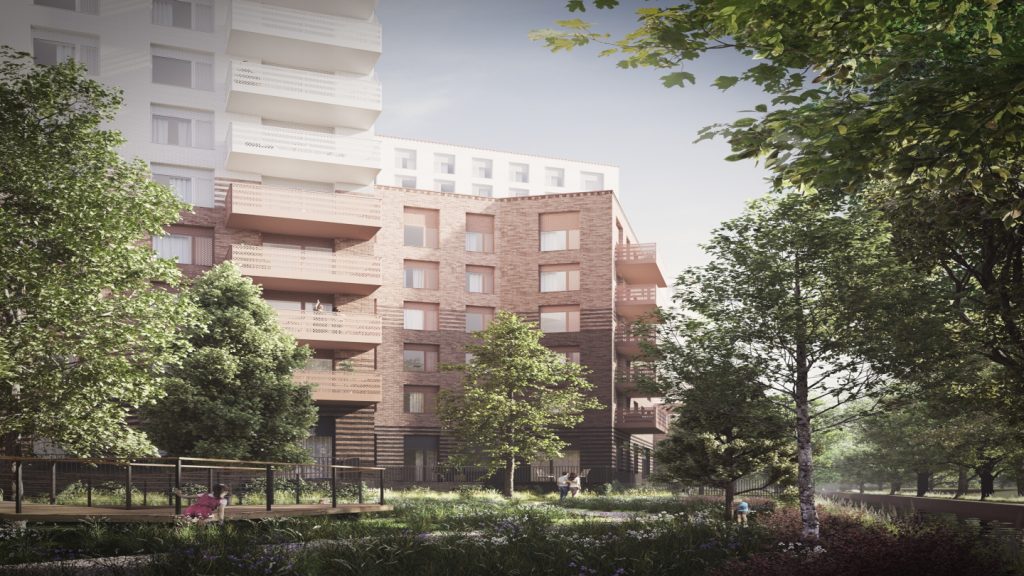
Mass anti-establishment protests amid political discontent across Latin America have rocked governments in Bolivia, Chile, Ecuador, Haiti, Honduras, Venezuela and most recently Colombia.
Adding to the region’s instability is the political crisis in Peru that resulted in the government dissolving parliament and calling for a new cabinet early next year, while in Argentina, October’s elections returned the populist Peronist party to power.
Also, with Brazil and Mexico, the region’s two largest economies, governed by populists of the far-right and far-left respectively, the prospects for growth in the region have worsened. The International Monetary Fund forecasts economic growth in Latin America to average 2% a year over the next five years, below the global average for emerging market economies.
An inability to diversify away from commodities exports and the failure to invest in infrastructure and education during the commodities boom years combined with high levels of corruption, increasing levels of violence and insecurity, rising inequality and unemployment as well as an unfavourable external environment continue to present significant challenges for many governments in the region.
Before the protests erupted, GlobalData expected growth in the construction industry to recover to 2.5%, across the region in 2020, but due to weak economic growth, rising social tensions and heightened political risks, investment plans could be derailed and major government-led infrastructure projects delayed. Growth is now expected to be just 1.7% next year, with continued foreign direct investment flows especially from China helping to prevent a weaker outcome.
While many of the mass protests have been triggered by specific domestic issues, the uprisings have something in common – anger over social inequality that is tearing many of these societies apart and anger against corrupt and disconnected politicians who cling to power and continuously ignore the rules of democratic institutions.
How well do you really know your competitors?
Access the most comprehensive Company Profiles on the market, powered by GlobalData. Save hours of research. Gain competitive edge.

Thank you!
Your download email will arrive shortly
Not ready to buy yet? Download a free sample
We are confident about the unique quality of our Company Profiles. However, we want you to make the most beneficial decision for your business, so we offer a free sample that you can download by submitting the below form
By GlobalDataTrust for institutions and leaders in the region is declining sharply. There is a significant desire for change and reform, as voters seek greater stability and inclusive growth. During elections, it no longer seems to matter whether governments are from the left or right as people are voting for candidates who promise to do things differently and voting out those who have failed to deliver. The latest report by Transparency International, an anti-corruption civil society organisation, shows that 65% of 17,000 people questioned across the region think their government is run by and for a few private interests while only 16% said that corruption had decreased.
Corruption in Latin America is one of the biggest threats in the region, hampering development and investment in much-needed infrastructure, with successive governments failing to tackle it. The large number of construction projects across the region being delayed or cancelled over the past years related to Brazil’s Lava Jato scandal is indicative of how corruption is harming the industry.
A crucial question now is, where will anti-government protests flare up next? Although Brazil, Mexico and Argentina have not had any protests yet, they are facing several political risks. In Brazil, for example, President Jair Bolsonaro recently put his reform agenda on hold over fears of popular unrest. In Mexico, announced infrastructure plans are expected to add to construction growth but limited public spending will partly offset these effects, such as security issues, weak institutions and uncertainty surrounding the policies of President Andrés Manuel López Obrador (AMLO) will continue to restrain private investment. In the meantime, in Argentina, the new president-elect, Alberto Fernandez, vowed to increase spending to reduce inequality but his plans have yet to be reconciled with more credible measures given the country’s large budget constraints.







